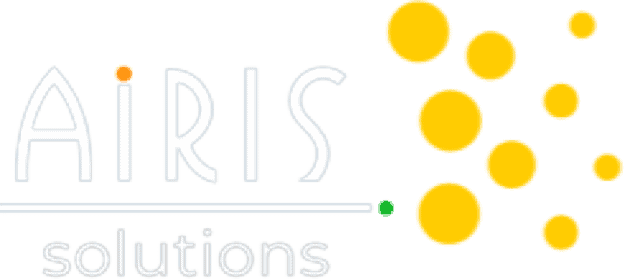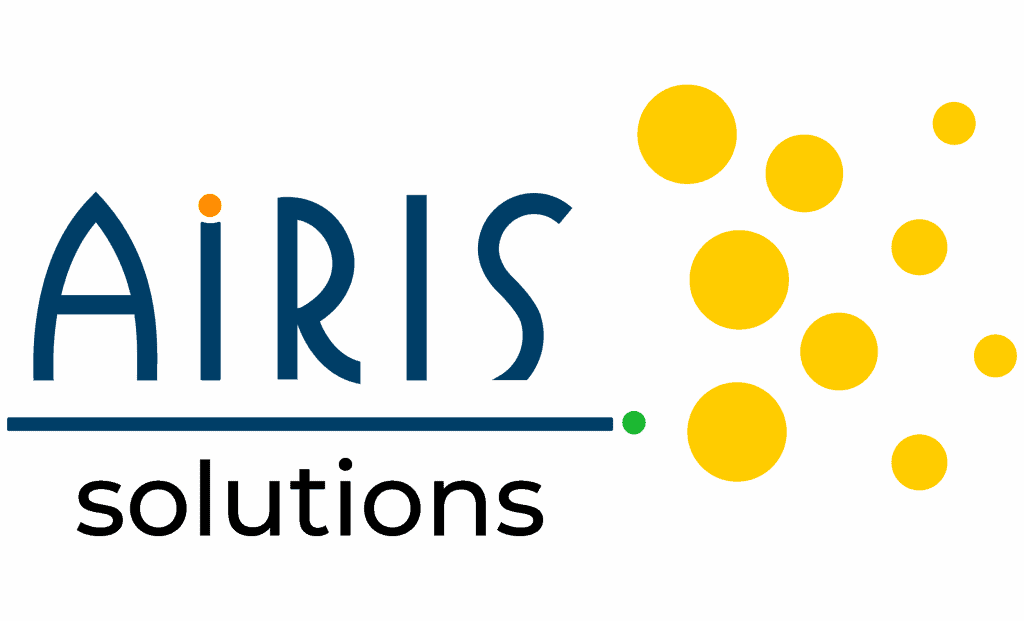Hurricanes destroy homes, damage property, rip up trees, and plunge cities into darkness. The Office for Coastal Management estimates that hurricanes cause about $75 billion in damage in the U.S. every year. So one would assume hurricanes and solar panels don’t mix, right?
As it turns out, solar panels are built tough – very tough. They’re capable of handling wind speeds in excess of 140 mph, driving rain, and flying debris. People who install solar arrays in hurricane-prone areas are often surprised at how well panels shrug off hurricanes.
In this article, find out:
- What effects do extreme weather events have on solar panels
- Which states experience the most hurricanes and their solar installation requirements
- How to protect your solar panel investment
How Strong are Solar Panels?
Solar panel durability can vary in the marketplace, which is why it’s always better to purchase quality. Cheaply constructed solar panels can be flimsy, prone to cracks, and don’t produce the same energy output as higher-quality panels.
For instance, cheaper panels may use ordinary glass or plastic shields, which can scratch and shatter easily. Higher quality panels, on the other hand, use tempered glass, which is much tougher.
3 Common Types of Damage Caused to Solar Panels Due to Hurricanes
Hurricanes pose a triple threat to solar panels with their high wind speeds, wetness, and ability to throw damaging debris. Potential signs of damage to keep an eye out for in your solar panels (post-hurricane) are cracks, scratches, and moisture entering through the seals.
1- Solar Panels and Falling Debris
Falling debris can damage your solar panels and reduce their longevity. While it’s evident that trees and full branches pose the most severe threat, even forms of debris like dirt, acorns, or twigs, can damage the protective tempered glass on panels.
If your solar panels are not regularly maintained, micro-scratches may occur from the abrasion between your solar panel and small debris. As a result, your solar arrays may produce less energy than they did previously.
To help protect your investment from debris, make sure to have vegetation and trees around your home routinely pruned. Also, make sure your roof is structurally sound to minimize the risk of damaging solar panels in a hurricane.
2- Solar Panels and Water Damage
Solar panels with damaged structures or deteriorated seals are susceptible to water damage, which may lead to short-circuiting. Similar to home windows, as a solar panel’s sealant gets older, it loses its integrity. As a result, moisture can sweep through, build up, and cause irreparable damage.
A couple of quick ways to avoid solar panel water damage is to routinely check the seals of the panels. At Airis, our customers don’t have to do that because our contracts include regular maintenance.
3- Solar Panels and Hail

As strong as solar panels may be, hail can damage panels, homes, and surrounding property. Fortunately, solar panels have a tempered glass layer on top which resists damage from hail.
It’s so strong that after a severe storm in Denver, which saw large hail dent car and house roofs, only one out of 3000 panels at the National Renewable Energy Laboratory (NREL) was damaged.
Hail damage is, therefore, rare and only occurs in the most severe of storms.
How to Safeguard Your Solar Panels Against Hurricanes

Here are a couple of things you can do to prevent wind, debris, hail, and water damage from occurring:
- Buy high-quality panels – The quality of the solar panel is integral to the longevity that you hope to get out of your investment. Quality panels use more durable materials and have better build quality.
- Install smaller panels – Instead of larger panels, consider buying a higher volume of smaller panels. That way, if a solar panel is damaged, then the energy output loss is less considerable. When you work with Airis, we design solar arrays that are suitable for your space and weather conditions.
Your solar panel investment isn’t a one-and-done solution. Like any piece of equipment, solar panels must be maintained for optimal performance. If you want to maximize your return on investment and generate the maximum energy possible, then a little maintenance can go a long way.
- Vegetation Pruning – Conduct routine pruning and keep tall trees away from panels.
- Maintenance – Clean dust and debris from panels.
- Annual Service Checkups – Carry out more comprehensive checks annually.
- Panel Sealing – Regularly check seals on your panels to prevent water damage.
Meeting Solar Panel Hurricane Requirements
States that experience extreme weather and wind, like Texas and Florida, have more stringent requirements for meeting hurricane solar panels standards.
For instance, since Hurricane Harvey’s massive destruction, the wind speed minimum for solar panels is 110 mph. In some parts of Florida, solar panel installers must ensure panels are resistant to 160 mph winds.
The five states most frequently hit by hurricanes over the past 150 years include:
- Florida (301 hurricanes)
- Texas (120 hurricanes)
- Louisiana (64 hurricanes)
- North Carolina (62 hurricanes)
- South Carolina (58 hurricanes)
If you live in one of those states above, our next section focuses on better managing your solar panels’ lifespan.
Common Questions We Get Asked About Solar Panels and Hurricane Damage
Can You Hurricane-Proof Solar Panels?
Solar panels aren’t specifically manufactured as hurricane-proof, but when you choose a reputed hurricane solar panel installer, you’re more likely to get panels that exceed minimum standards and are better suited for extreme weather.
What Windspeeds Can Solar Panels Endure?
A solar panel’s wind load rating may have to meet specific requirements depending upon your state’s requirements and susceptibility to adverse weather.
Some of the most hurricane-resistant solar panels can withstand winds up to 165 mph. Most solar mounting systems have a wind load rating capable of withstanding 2,400 pascals (or about 140 MPH of wind).
Does Insurance Cover Solar Panel Damage?
Most (home and commercial) insurance policies should cover damage to solar panels if they are listed under the policy. However, it is best to check your contract and discuss coverage with your insurance provider.
Keep the Power On with Airis Energy
At Airis, we work with residential and commercial customers in over 40 countries. We’ve seen and experienced all kinds of extreme weather and know how to keep solar arrays safe.
Work with a hurricane solar panel installer that has completed projects successfully in Florida. Our contracts include preventive and corrective maintenance for 20 years – at no additional cost.
To learn if going solar is right for you, connect with one of our solar panel specialists today.

